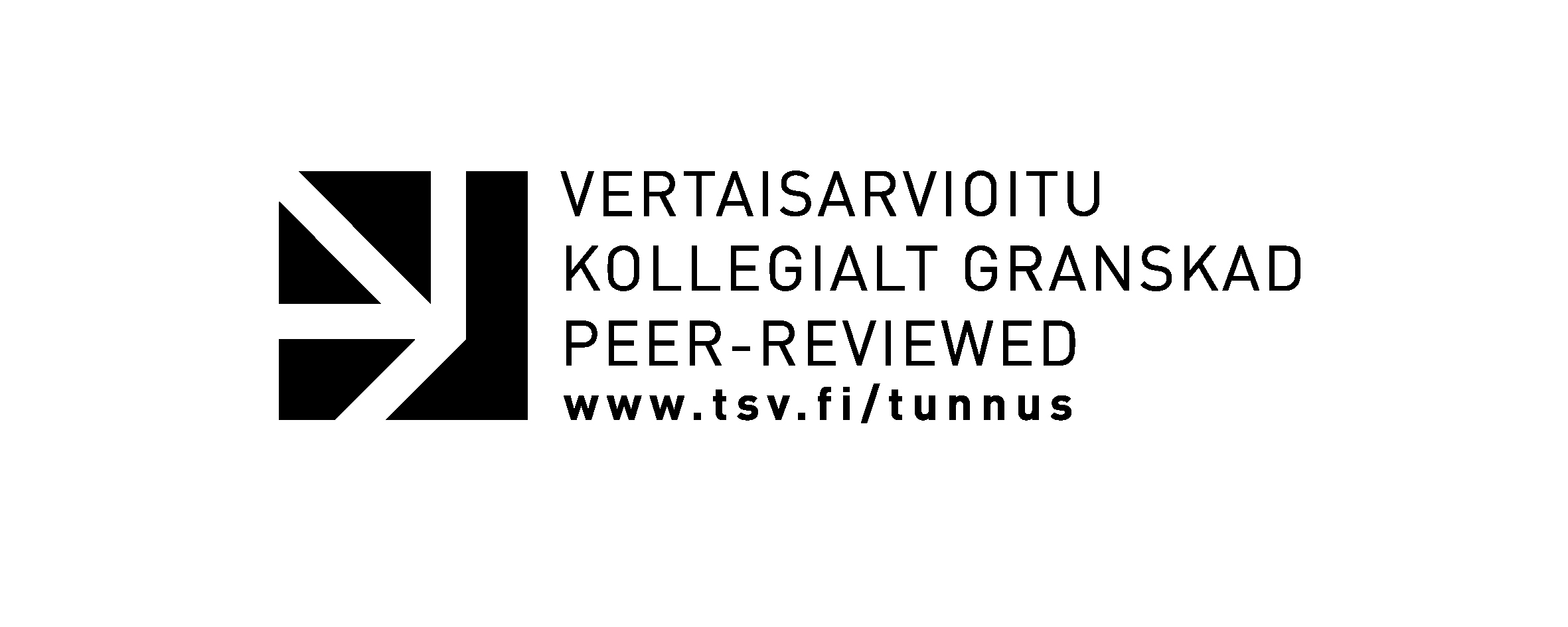Ideas, Ideologies and Everyday Life
Abstract
ldeas and ideologies have in different ways always been present in the traditional subjects of ethnological research. However, only recently have such connections been seen as relevant research questions to be put forward and analysed in ethnological studies. The basic value of research was supposed to be objectivity. ln order to be scientific researchers were required to stand outside their research topics and fields and to carry out their research as neutral observers. This assumption was reflected both in the topics researched as well in the ways researchers approached and dealt with these topics. The time when ethnologists would come to regard themselves as part of their research and, as such, would feel obligated to engage in self-reflection was still to come. In its most basic form, this change has been visible in how 'I ', the researcher, is present in her or his texts. lt may be self-evident to present-day ethnologists that ethnological research should be understood as socially constructed and, as such, as political and committed to certain ideas and ideologies. However, recognising these elements in research is only the first step in attempting to analyse the 'currents' present in and affecting ethnological research.







